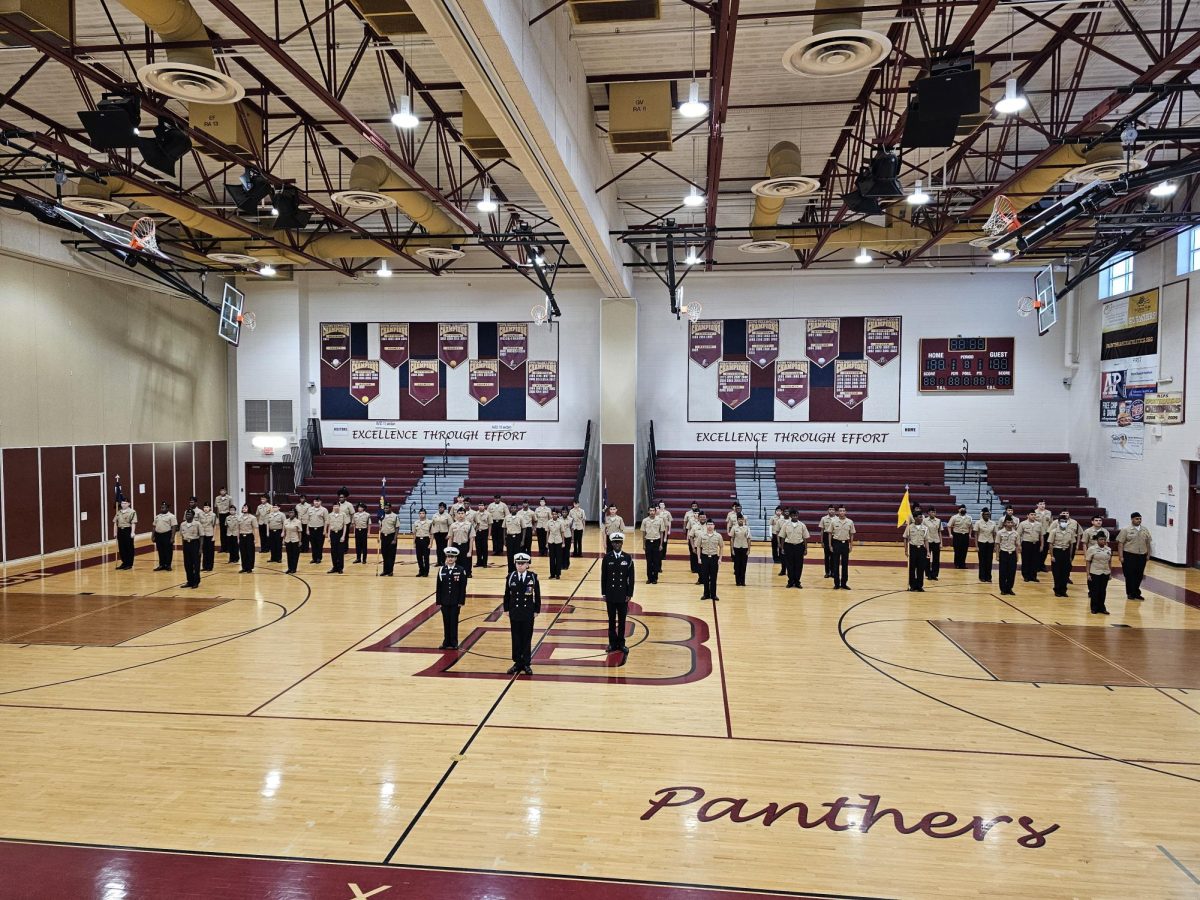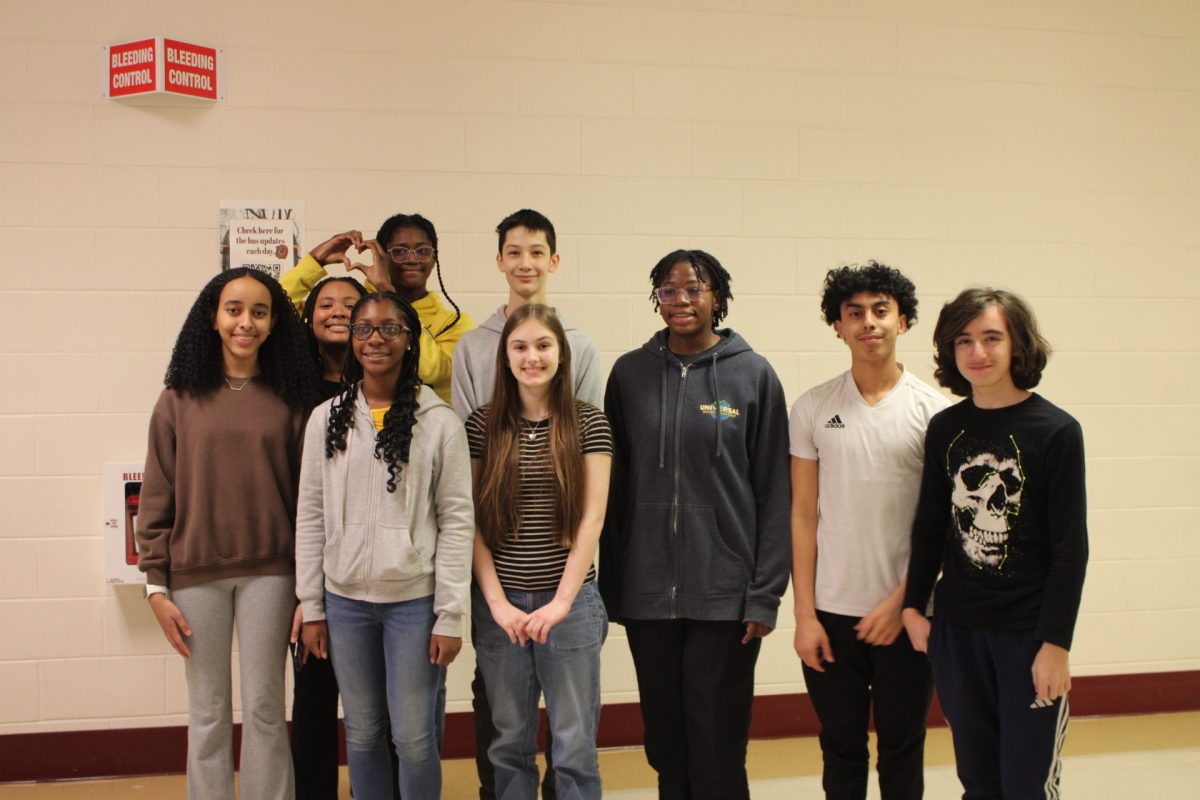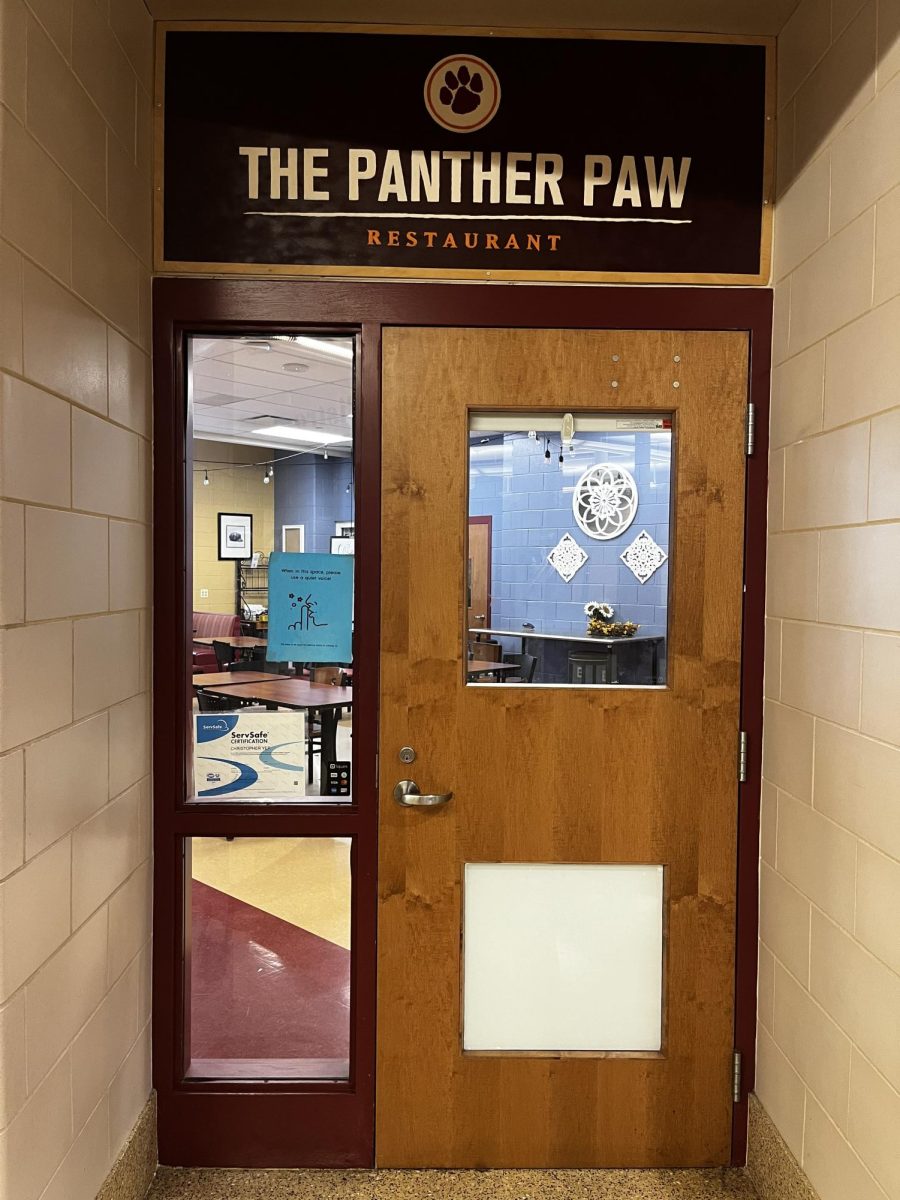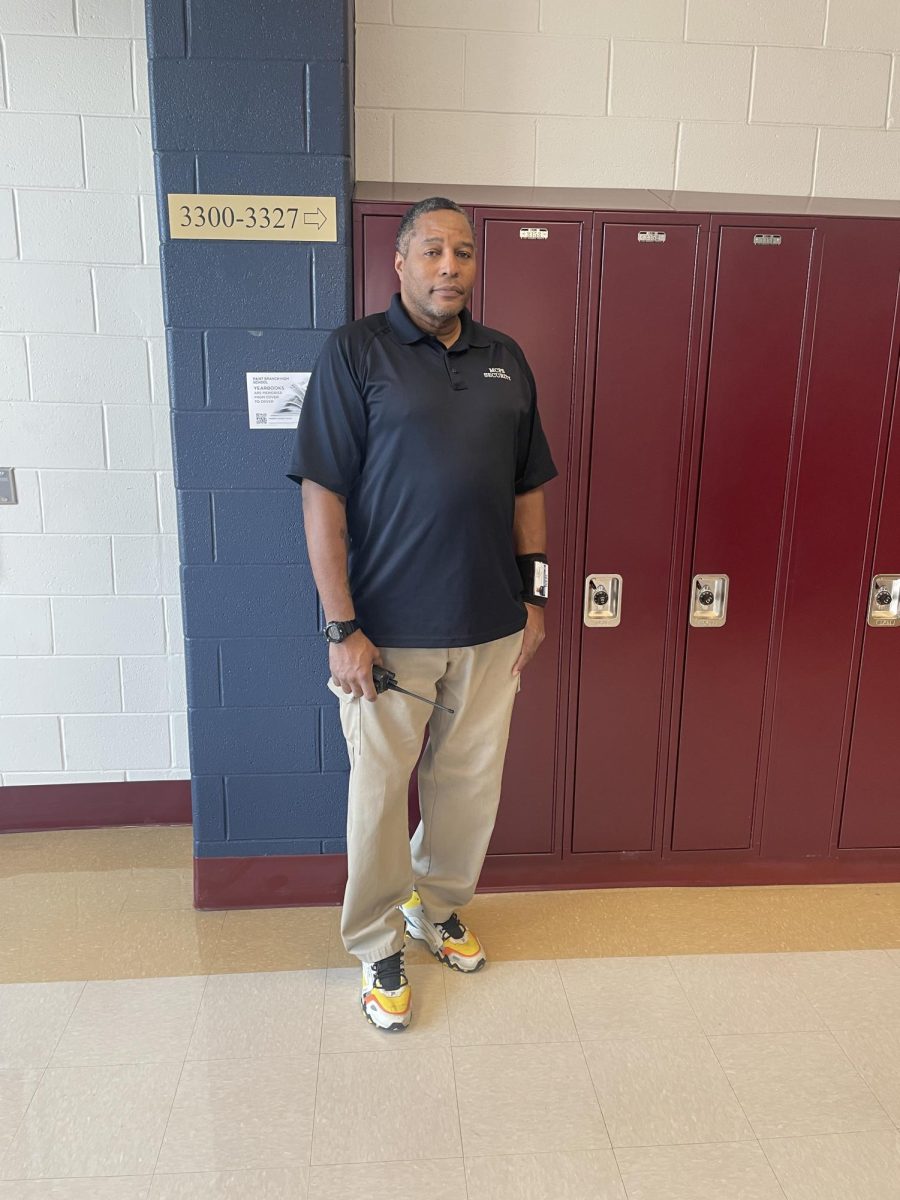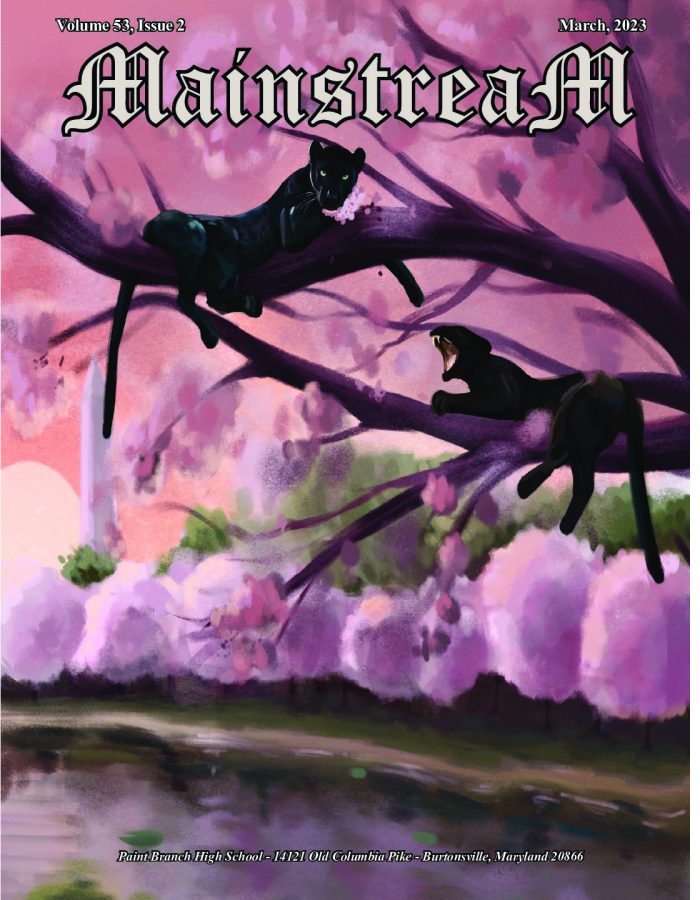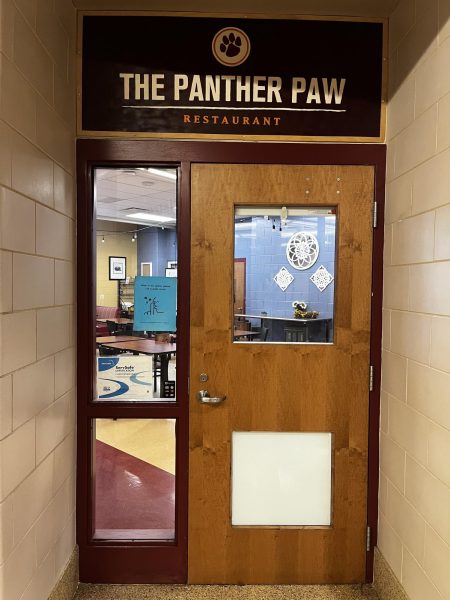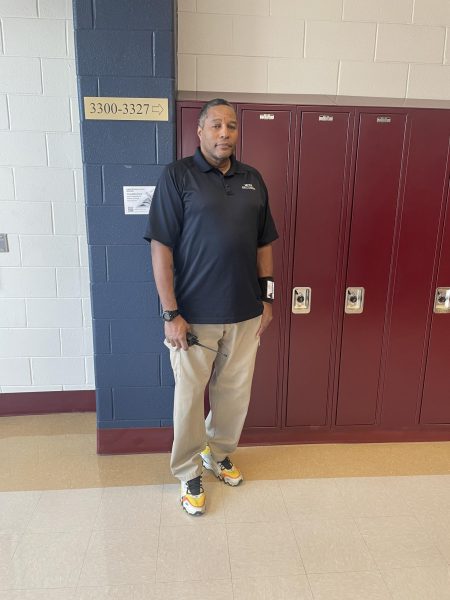How to Succeed in AP – Students and Teachers Dish on How to Make the Most of AP
Students and Teachers Provide Insight on Succeeding in Challenging Classes
“AP.” The sheer mention of these two letters illicits a wide array of responses in high-school students.
The thought of AP – Advanced Placement – courses can make a student sweat as s/he begins to imagine the workload of just such a class. Although AP courses are challenging, students don’t have to suffer in silence because they have a multitude of ways to excel in class and on the AP exam.
Paint Branch offers more than 15 AP courses in subjects varying from Studio Art all the way to Chemistry. This school year, approximately 48% of tenth-to-twelfth graders are enrolled in at least one AP course.
The teachers of these diverse courses are, of course, more than qualified to teach the college-level material in an efficient and conscientious manner. However, students can definitely find themselves overwhelmed at times, especially if they are juggling multiple AP classes.
Everyone handles his/her workload differently and, as students move up in high school, they adjust their methods respectively.
Tenth grade is when the introduction to advanced-placement courses begins. Tenth-grade students typically take one AP course – AP National, State, and Local Government (NSL) – which introduces them to the rigor of college-level coursework. “[AP NSL] is the gateway to the rest of the AP classes,” comments AP NSL teacher Mr. Stuart Miller. “It’s usually [sophomores’] first AP course, and [they] spend a lot of time on skills, as well as content.” Junior Manogna Guduru took AP NSL as a sophomore and learned that “it’s really important to make sure you stay on top of homework.” Guduru, who actually took two Advanced Placement courses as a sophomore, now finds that, as a junior enrolled in four AP courses, she is “going to review sessions as well as reviewing with friends,” which helps her stay on top of the material.
Of course, one primary question consistently comes up when the topic is AP classes: Why should students even bother with AP classes? Mr. Miller has multiple reasons. “The obvious is college credit,” Miller starts. “The less obvious reason is that even if you don’t pass the test, studies say that [AP] students tend to be better prepared for college. They develop the skills and the focus, and they’re not shocked by college material.”
By senior year, students usually have had plenty of experience with AP courses, as over 30% percent of Paint Branch seniors are currently enrolled in one AP class, reports AP Coordinator Mrs. Whipple . While some seniors choose to pare down the number of AP classes they take senior year, Sahra Akbari chose to increase her AP courseload. “I wanted to challenge myself this year,” says Akbari. “APs keep you focused on school and help you stay on top of college research and applications.”
Several factors should be considered when registering for AP courses. “Students need to consider the time commitment, the workload, their interest level, and any extracurriculars they have,” says Mrs. Whipple. If you participate in multiple activities inside and outside of school, it wouldn’t be wise to take on five college-level courses. It’s always good to challenge yourself, but always try to be practical.
Getting a 5 on an AP exam is the ultimate goal for the vast majority of students taking an AP course. Some begin to prepare right off the bat, while others procrastinate to the last month or even days before the exam. Developing strong study habits will definitely be beneficial by the time the exams come around in May. “There’s not just one way to study,” AP Calculus teacher Mrs. Rebecca McGrath informs. “Study groups, mock exams, review of old tests, and even free apps can all be very helpful.”
The most common study tool students tend to use are review books. Some recommended series of AP course review books are 5 Steps to a 5, Barron’s, and Princeton Review. If you’re unsure about which book to get, ask your teacher and get his/her recommendation.
Still not sure if AP is for you? Well, don’t doubt yourself before you’ve even tried. “If you give 100%, you’re gonna get something out of it,” Mr. Miller advises. Make the most of all the resources available on the Internet, at the library and, more importantly, at Paint Branch.


